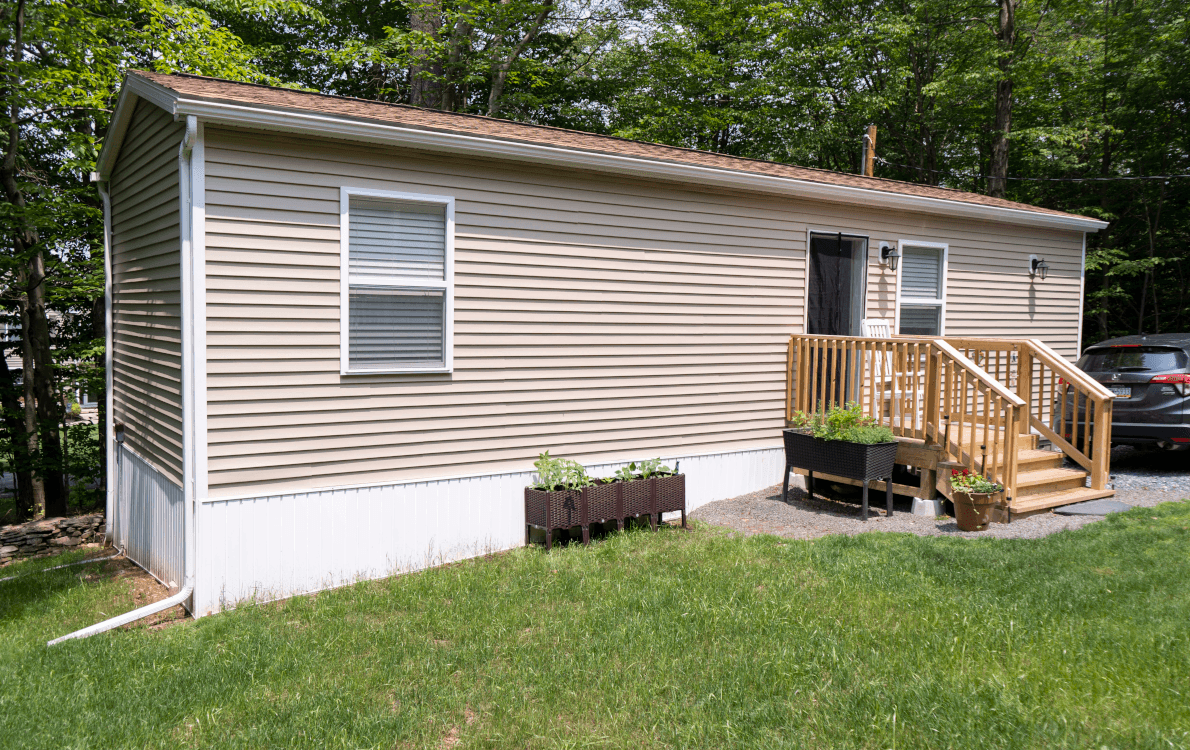Frequently Asked Questions
What is ECHO Housing?
ECHO stands for Elder Cottage Housing Opportunity. Elder cottages are small, separate, manufactured residences that are temporarily placed in the side or rear yard of an older adult’s friend or family member. It is an affordable housing option, meaning that the resident will pay no more than 30% of their income on rent.
What are the Benefits of ECHO Housing?
ECHO cottages provide safety and autonomy for older adults along with easy access to family members who can provide assistance. Instead of having to travel far to pick up mom or dad for appointments or shopping, he/she is only steps away;
- Both the elder and the host family maintain their privacy and dignity;
- In addition to improving the health of the older resident, stress on caregivers is reduced and family cohesiveness is preserved;
- Placing a temporary elder cottage near one’s home is also more cost-effective and timely than making home modifications, which are expensive and can change the permanent character and use of the home;
- ECHO housing is much more affordable than nursing home care; and
- Finally, but not of least importance, access to an elder cottage can prevent premature institutionalization of an older adult.
Who Will Own and Manage the Cottages?
The cottages will be owned and managed by the relevant Area Agency on Aging and NeighborWorks Northeastern Pennsylvania. These organizations have extensive experience in developing, owning and managing affordable housing.
Who can Live in an ECHO?
ECHO targets adults 60 years and older with incomes below 80% of the area median income (AMI). These individuals do not have to be from the County administering the program, although the host family they want to live near must be located in the administering County. Moreover, since the ECHO resident must be able to live independently to maintain eligibility, the older adult must maintain services consistent with their level of care as determined by the County Area Agency on Aging (AAA).
How Will Host Families and Older Adults be Screened and Selected?
The AAA will conduct outreach to a variety of public and private agencies and individuals in the administering County to identify older adults and host families interested in participating in the ECHO program. They will then be responsible for screening all prospective participants to ensure that they meet the age, income, and other program eligibility requirements.
What Will be the Responsibilities of the Landowner or Host Family and How Will They be Assured?
The landowner/host family will be responsible for maintaining the property, allowing the utilities for the cottage to be hooked up to the main house and permitting the Housing Partner Agency to inspect the cottage on a biannual basis. These responsibilities will be secured through a Letter of Agreement between the Housing Partner Agency and the landowner/host family. A good faith deposit may be required once it is determined that ECHO is a viable option for all interested parties and steps are being taken toward securing an ECHO cottage. In addition, the host family may be requested to pay for unusual expenses related to setting the ECHO cottage.
Will the Host Family/Homeowner Need to Pay Additional Taxes on the Cottage?
No. Since the ECHO is considered a temporary structure, no additional taxes will be required.
What Happens when the Older Adult No Longer Needs to Live in the Cottage?
Once the ECHO cottage is no longer needed by the older adult the cottage will be removed by the Housing Partner Agency and relocated to the property of another host for their older adult. At that time the landowner will be responsible for returning the land back to its desired condition, although funding may be available to assist with that process, depending on what is available at that time.
What are the Responsibilities of the Older Adult Occupant and How Will They be Assured?
The older adult occupant will sign a lease with the Housing Partner Agency for the cottage. He/she will also be responsible for providing the necessary information regarding income, for paying rent to the Housing Partner Agency and for keeping the cottage in good condition. The Older Adult Occupant may also need to obtain renter’s insurance.
How Much Will the Occupant Pay to Lease the Cottage?
The older adult will lease the cottage for 30% of his/her gross income.
Will Income be Recertified Annually?
Yes. The Housing Partner Agency will conduct annual income re-certifications and make adjustments as necessary to the rental amount. In addition, the older adult occupant will be required to submit information to the Housing Partner Agency at any time there is a change in his/her income.
What Happens if the ECHO Occupant Needs Supportive Services such as Personal Care or In-Home Meals?
The AAA will provide Care Management services to the ECHO Occupant. When an Occupant requires additional supportive services, the AAA will assess the Occupant for AAA program eligibility and make referrals to other programs as needed.
What If the Host Family is No Longer Able to Participate in The Program Due to a Change of Circumstance?
The Housing Partner Agency will take responsibility and will work with the AAA to either seek another host family to accommodate the older adult or to find another suitable living arrangement for the individual.
Are there Zoning Considerations that the Landowner/Host Need to Address?
No. The Housing Partner Agency will research the zoning regulations associated with the location of a prospective host site and advocate for any changes needed and will let the landowner know whether or not it is feasible to proceed. (Sample ordinances are available)
How Can a Township Ensure that Only Eligible Seniors and Their Families or Families of Choice Benefit from the Program?
A township may develop a Special Exception to their current zoning ordinance to regulate the siting and use of ECHO cottages. It can define how the process will proceed and enable the Township to consider each case on its merits, defining the circumstances under which a property owner can place an elder cottage on his/her property. In addition, as long as it does not violate fair housing laws, the Township can limit occupancy to older adults, can define eligible host families, and can regulate setbacks, side yards, utilities, and other property requirements. Finally, the Special Exception can be granted for a specified period of time to be terminated when the eligible occupant vacates the premises, and/or to require periodic re- approvals. Sample ordinances are available through the PA Department of Aging or DMA.
How to Apply
Applications are currently CLOSED at this time. Please direct any questions to Mary Endrusick, Director of Aging in Place, at mendrusick@nwnepa.org or 570-558-2490.




